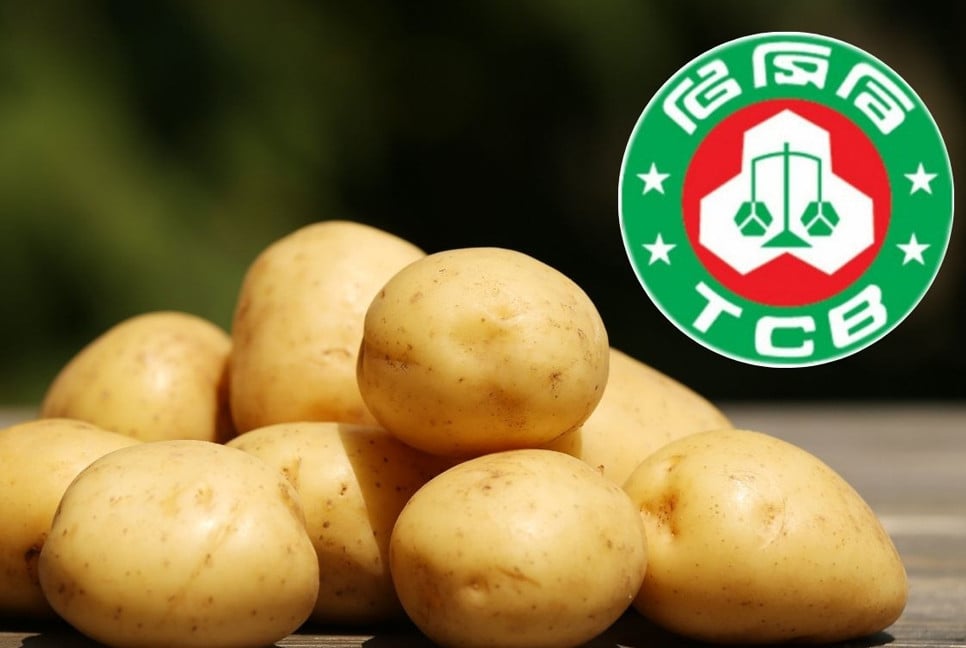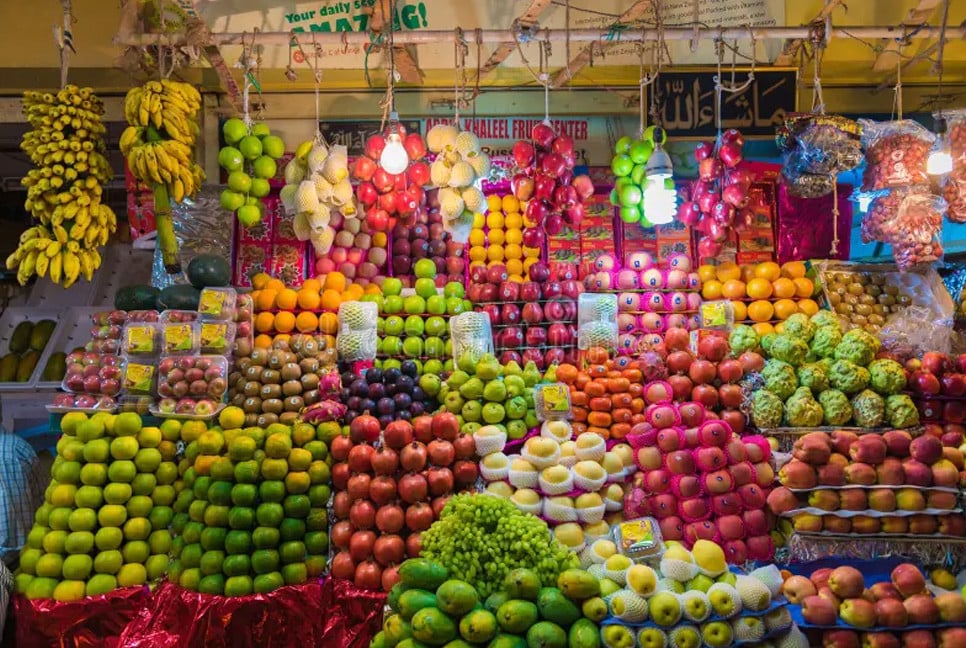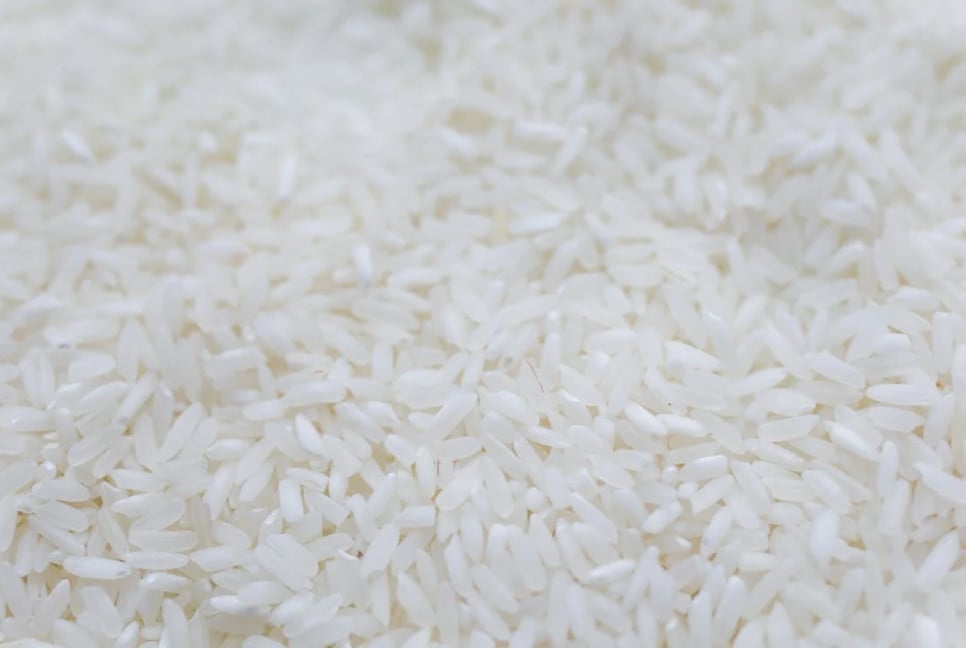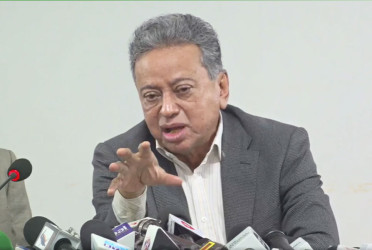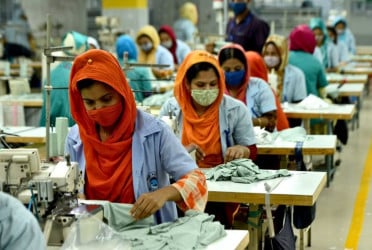The Trading Corporation of Bangladesh (TCB) launches to sell potatoes at a subsidised rate of Tk40 per kilogram in the capital via truck sales starting Wednesday to help lighten the financial load on consumers.
Each individual will be allowed to purchase up to three kilograms. The programme has started at 9:30am at the TCB building in Karwan Bazar by Commerce Adviser Sheikh Bashir Uddin, according to a press release from the TCB.
“Under the comprehensive directives of the Ministry of Commerce, the TCB is already running a subsidised product sale programme for low-income families holding beneficiary cards,” the press release said.
This initiative currently includes essential items such as edible oil and lentils at reduced prices. Subsidised goods like edible oil, lentils, and rice, supplied by the Department of Food, are also being sold to the public via 50 trucks in Dhaka and 20 trucks in Chattogram.
From Wednesday, potatoes will be added to the list of items available for consumers in Dhaka.
In addition, edible oil will be sold at Tk100 per litre, lentils at Tk60 per kilogram, and rice at Tk30 per kilogram. Each consumer will be able to purchase a maximum of two litres of oil, two kilograms of lentils, and five kilograms of rice.
Meanwhile, the government has authorised 43 companies to import an additional 19 crore 30 lakh eggs in an effort to control market prices.
The Ministry of Commerce issued a letter to the Office of the Chief Controller of Imports and Exports on Monday, instructing them to take necessary steps regarding this import.
Earlier in October, permission was granted in two phases to 19 companies to import over 8 crore eggs.
The latest approval will remain valid until 31 December,2024.
The country’s daily demand for eggs is estimated to be around 5 crore. Authorities expect this move to boost supply and alleviate price pressures. However, strict monitoring will be implemented to ensure that imported eggs meet quality standards and are sold at regulated prices.
The potential impact of this decision on local poultry farmers and broader market dynamics continues to generate discussion and concern among stakeholders.
Source: Daily Star
Bd-pratidin English/ Afia

